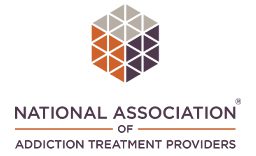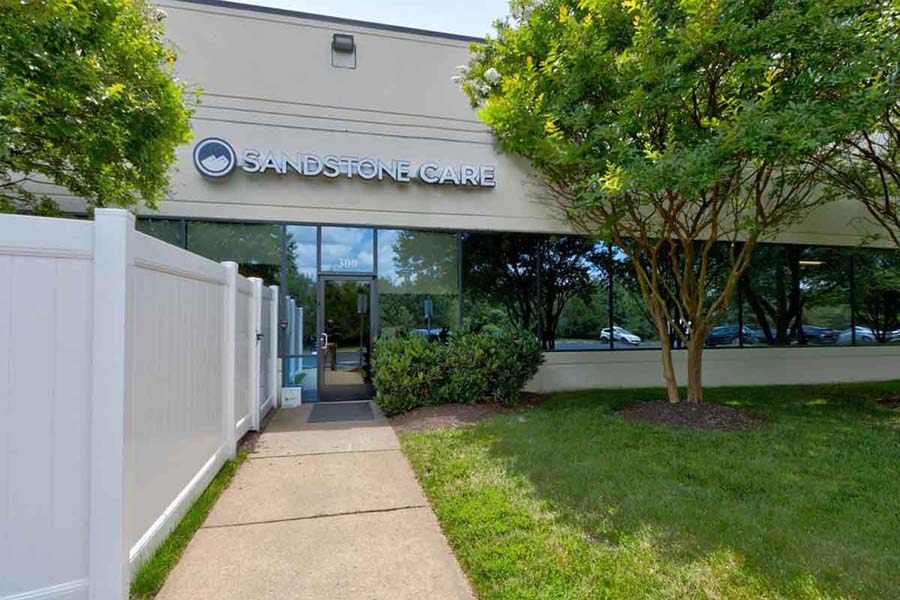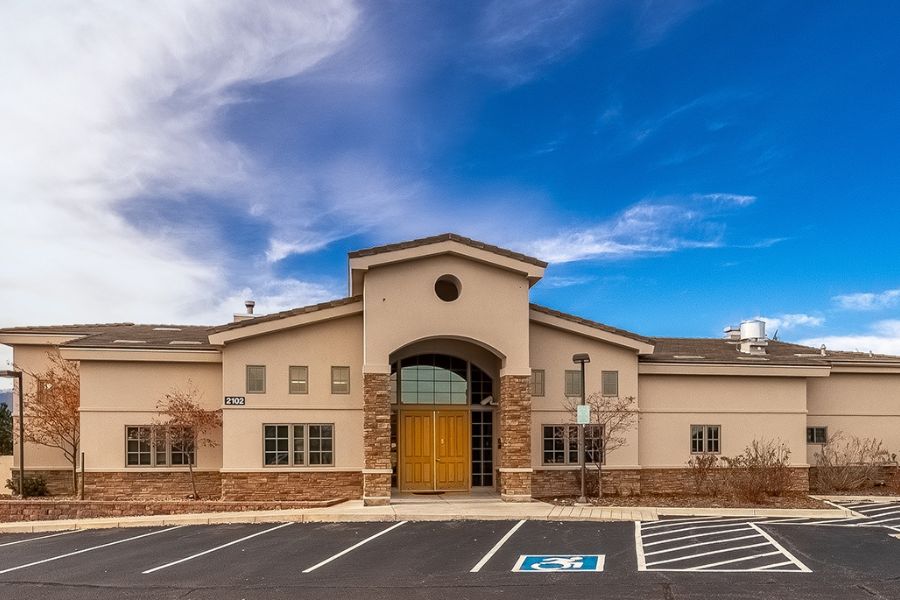Age-Specific Care
We are age-specific, not gender-specific. We focus on the unique circumstances that you face at your stage of life.






2102 University Park Blvd, Colorado Springs, Colorado, 80918
(888) 850-1890Sandstone Care aims to drive positive lasting change in real people struggling with drug or alcohol addiction. We understand that everyone’s situation is different, so we offer a more personalized rehab program than you’ll find anywhere else.
We are age-specific, not gender-specific. We focus on the unique circumstances that you face at your stage of life.
We only use treatment interventions that have been scientifically proven to provide consistent, long-term recovery.
You are more than a number, which is why we provide an intimate group therapy setting where your voice can be heard.
No one person is the same, and neither is their recovery journey. Your treatment program will be tailored to your unique needs.
We want you to get the most out of life, which means feeling your best in the classroom or at your job.
Recovery involves the entire family, so we provide support for the whole family system.
“This place has given me a new lease on life. Highly recommend. THANK YOU SANDSTONE!”
Evidence-based therapies (EBTs) use treatment modalities that have been proven effective through scientific research. They include Cognitive Behavioral Therapy (CBT), Dialectical Behavioral Therapy (DBT), and Eye Movement Desensitization and Reprocessing (EMDR), and more.
These modalities provide real, life-changing results that can help you get your life back on track.
Some additional benefits include:
The American Psychological Association created the policies for EBTs using the best research available. Studies have shown that these therapy treatments lead to longer-lasting results.
Since these kinds of treatments are scientifically proven to be more effective, the chances of relapse are less likely, which means less money spent on future treatments.
EBTs require specialized training in the different kinds of therapies, which means you are guaranteed qualified, verified therapists are in charge of your care.
EBTs are safe and proven treatments, so you can feel confident that your recovery is not left up to chance. Your mental health assessments and preferences will determine which EBTs are used in their treatment plans.